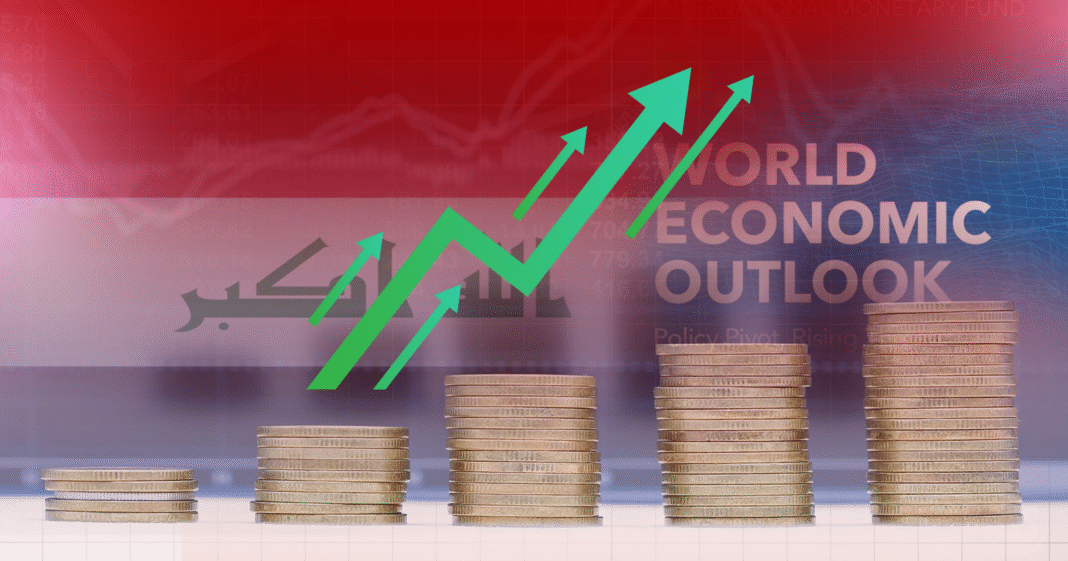Iraq faces major economic challenges as growth slows in key sectors. The International Monetary Fund (IMF) shared new warnings about the country’s economy.According to the IMF, Iraq’s non-oil sector is growing slowly. It rose by just 2.5 percent this year, compared to 13.8 percent last year.
This sharp drop links to lower public investment and weaker trade. It also stems from money shortages that caused Iraq to delay payments on some debts.Meanwhile, the IMF predicts Iraq’s economy will grow by 3.1 percent next year. The fund also expects inflation to stand at 2.9 percent.
However, Iraq’s financial risks remain high. The IMF explained that past high government spending now leaves Iraq exposed to oil price changes.Iraq now needs oil prices of about $84 per barrel to balance its national budget. In 2020, that figure was only $54.
As oil prices fall, Iraq faces big funding gaps. The IMF said this puts extra pressure on Iraq’s ability to pay for services and investments.The IMF also warned about long-term risks. It expects Iraq to face money limits, low investment, and weak growth for years to come.
As a result, Iraq economic challenges budget will remain under stress, with few ways to raise more income fast.
The IMF shared several steps to help Iraq stabilize its economy.
First, Iraq needs to reduce spending on wages and pensions. This would ease the financial strain and open space for urgent projects.Second, the IMF suggested improving how Iraq collects taxes. Stronger tax systems can boost government funds without raising oil dependency.
Third, the IMF advised Iraq to support private companies. This can help grow the non-oil sector and reduce reliance on oil exports.
Fourth, Iraq should focus on rebuilding infrastructure. Better roads, power, and services can drive long-term job creation.Finally, the IMF called for stricter financial rules to prevent corruption and misuse of public funds.
In short, Iraq must act fast to ease risks and build a stronger, more stable economy.


